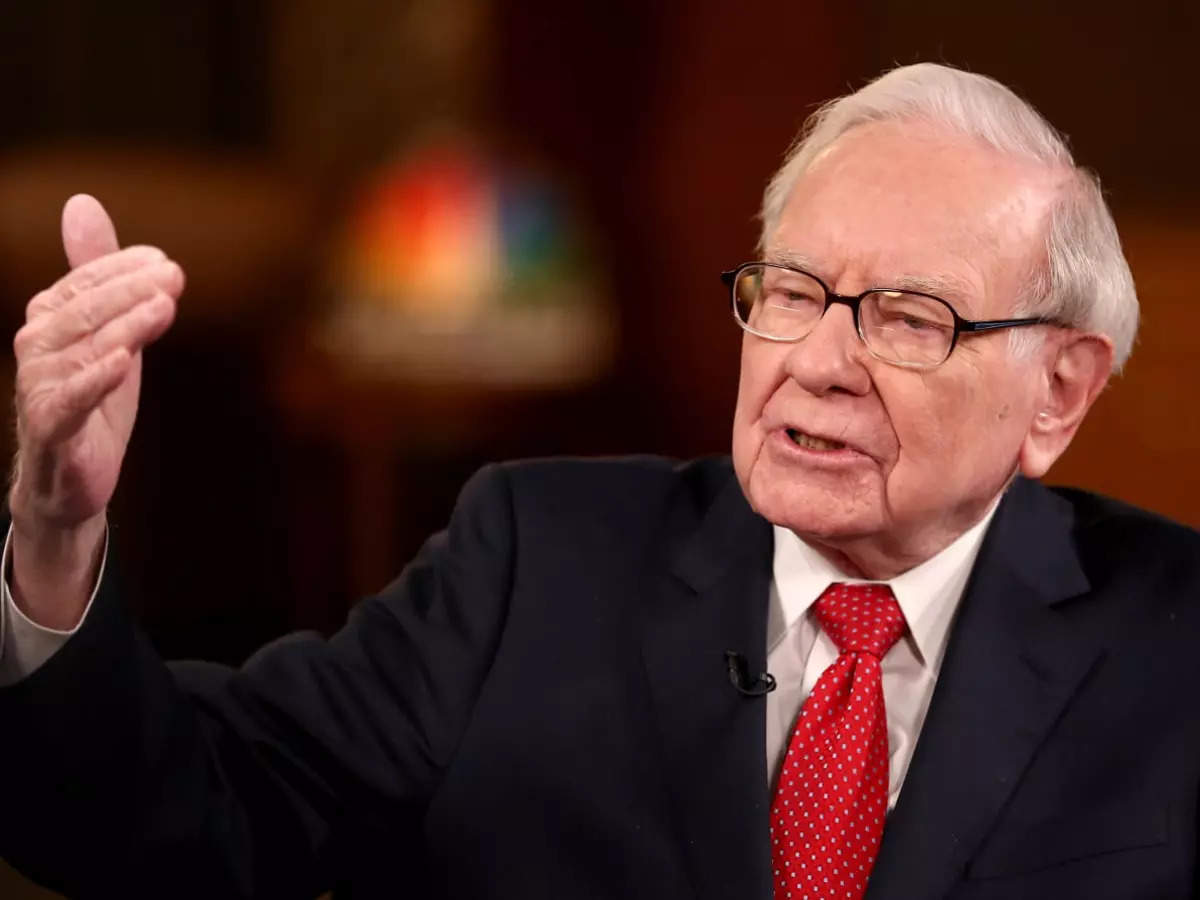The Berkshire Hathaway Annual General Meeting (AGM) was successfully held on May 6, 2023. Billionaire investors Warren Buffett and Charlie Munger chaired the meeting and shared their thoughts on various topics. He covers a lot of ground, including regional banking problems, his skepticism about the "hype" of artificial intelligence, and the status of the dollar as a reserve currency, while also providing important investment advice.
The following is a list of the main conclusions from the annual general meeting:
Buffett has issued a warning to shareholders, indicating that the US economy may experience a recession this year.
He identified the commercial real estate sector, the banking system and tensions with China as the main risks to watch. Buffett expressed concern about rising tensions between Beijing and Washington, urging both countries to avoid exerting too much pressure. He warned that provocative or authoritarian actions could have dire consequences, noting that both sides have more means of destruction than the world.
They criticize poor regulation in bankruptcy cases.
Buffett has criticized poor regulation and communication by regulators, politicians and the press and believes executives should be held accountable for mistakes that lead to bankruptcies. The liquidation of a crypto lender in March sparked an uproar that spread to three other regional banks. Buffett also used signs that read "available for sale" and "held to maturity" to drive his point about accounting treatment. He also criticized First Republic Bank for offering non-government-backed mortgages at fixed rates for ten years, which he called a "crazy proposition". JPMorgan Chase recently acquired First Republic Bank.
The auto business is very difficult' to invest.
During Berkshire Hathaway's general meeting, Buffett also said that the company is unlikely to invest in automakers such as General Motors (GM) or Ford Motor (F). Buffett and Charlie Munger have long believed that the car business is very challenging, citing an anecdote about Henry Ford's struggles in the industry at the turn of the 20th century. According to Buffett, too many global competitors in the industry make it difficult to generate attractive returns. Additionally, with the transition to electric vehicles, the industry faces significant capital costs and near-term risks. Berkshire Hathaway prioritizes the car dealership business with 78 dealerships across the United States. These dealerships generate more than $8 billion in annual revenue, making Berkshire one of the largest dealership groups in the US.
Opinion on Berkshire Hathaway's current cash pile and the dollar's dominance as a reserve currency
Buffett said Berkshire Hathaway would rather do a deal than keep $130 billion in cash. He further talked about the company's approximately $130 billion in cash and treasury bills on its balance sheet and ongoing speculation about what the company might do with it. While Buffett would rather make a deal for a larger company than keep the cash and earn interest, Buffett noted that the prices of such deals are typically high. He highlighted the complexity of buying a publicly traded company due to long timelines, shareholder voting and other regulations, adding that the scale required is only available to some private companies.
However, he also cited opportunities that arose during the global financial crisis of 2008 and said he expects Berkshire to receive similar calls in the future. Meanwhile, Berkshire is earning about 5 percent on its Treasury bills and has been buying back shares in recent years. On the issue of the dollar and its reserve currency status, Buffett said that, at present, there is no alternative to any reserve currency other than the US dollar.
Berkshire Hathaway aims to reduce its carbon footprint by 50 percent by 2030
Buffett and Vice Chairman Greg Abel discussed the company's efforts to increase its involvement in renewable energy generation. Abel, who oversees Berkshire's non-insurance businesses, including Berkshire Hathaway Energy, highlighted the utility company's goal to reduce its carbon footprint by 50 percent in 2030 relative to 2005. Berkshire Hathaway Energy is investing in windmills and other clean energy generation and expanding transmission lines to access more renewable energy sources that are more distributed than traditional power plants. According to Abel, this presents a good business opportunity for the company.
Warren Buffett and Charlie Munger differ on the possibilities of value investing.
Buffett and Munger offered different views on the future of value investing. Munger warned that value investors would face more competition for opportunities and could earn less, while Buffett believes there is still ample opportunity due to an increase in "people talking nonsense". Despite Berkshire's current scale, Buffett stresses the importance of a long-term investment horizon for realizing value. Munger joked that he would like his net worth to remain unchanged.
Buffett and Munger express skepticism about AI and robotics.
Some shareholders asked Buffett and Munger their thoughts on artificial intelligence and robotics. While Munger was impressed with the level of automation at BYD factories in Asia, he stressed that "regular old intelligence works just fine." Buffett joked that there would be no AI that could replace Ajit Jain, the company's vice chairman, and warned about the potential risks of AI, paralleling the development of the atomic bomb.
Read more: Click here
Warren Buffett Warns of US Slowdown, China Risks: Key Takeaways from Berkshire Hathaway’s AGM

